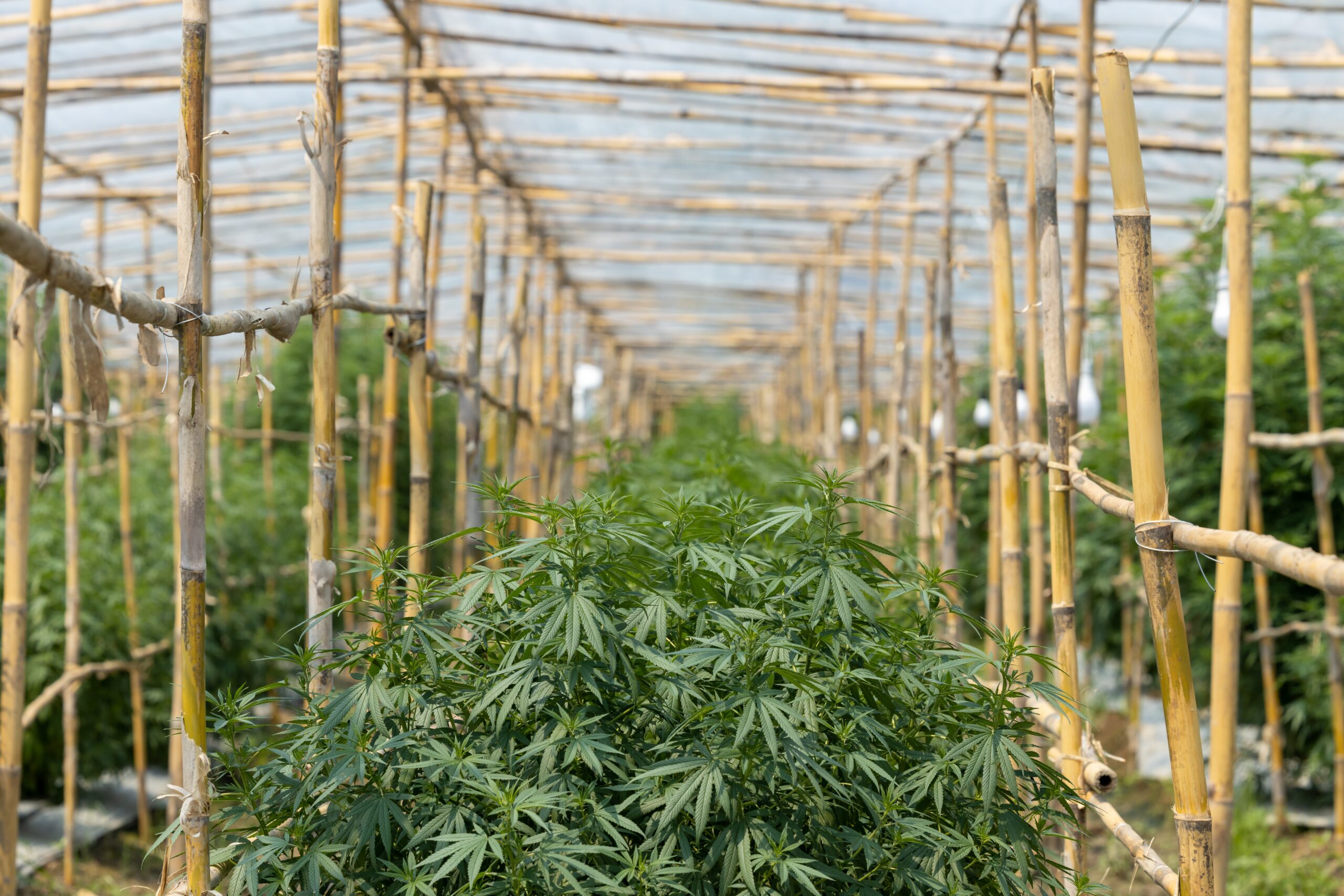Connect with us
Published
12 months agoon

Thailand made history last year when it became the first Asian country to decriminalize cannabis and legalize it in food and drink. However, the big move hasn’t come without its fair share of trials.
Most recently, Thai growers and sellers have expressed concern over illegal imports from the United States, which they say sell for a fraction of the price of Thailand-grown cannabis and ultimately are undercutting their business, according to an Al Jazeera report.
Thailand initially removed cannabis from the nation’s list of banned drugs on June 9, 2022. Government officials warned that the move did not equate to legalizing cannabis for recreational purposes. Rather, the new regulations deemed that cannabis and hemp cultivation were no longer illegal, that restaurants and cafes can sell food and beverages infused with cannabis if they contain no more than 0.2% THC and that products with higher THC concentrations are permitted for medicinal purposes.
The move followed a high-profile campaign by Health Minister Anutin Charnvirakul, who aimed to legalize cannabis to help foster Thailand’s economic growth and development. However, Thailand’s parliament has yet to pass a long-awaited cannabis bill to establish the country’s regulatory framework, leaving that part of the Thai cannabis industry in question.
This gap is allowing foreign money and competitors to funnel in, with dispensaries across the country pushing inexpensive cannabis illegally imported from the United States instead of product grown locally, according to local businesses.
Local cannabis entrepreneurs like Prajya Aura-ek, who has several licensed dispensaries in Bangkok, say that foreign brokers are hawking cheap, smuggled, untaxed weed to Thailand dispensaries, which then sell the product at two-to-five times the original price. Additionally, Prajya said that brokers told him cannabis is smuggled in containers meant for furniture, fruit or vegetables, so customs isn’t able to tell that it’s weed.
“A decent locally grown strain goes for 300 baht [$9] per gram but imports are only 150-180 baht [$4.50-5.30] per gram,” Prajya told Al Jazeera. “Each day we have brokers, both Thais and other nationalities—this is definitely a multinational business—coming into our shops trying to sell us imported weed. But we turn them all down.”
Although recreational cannabis is technically still illegal under Thai law, enforcement is still uneven, and cannabis shops and stalls are common, operating throughout a number of Thailand’s large cities and towns.
Anutin previously warned tourists against coming to Thailand believing they can legally consume recreational cannabis.
“If [tourists] come for medical treatment or come for health-related products then it’s not an issue but if you think that you want to come to Thailand just because you heard that cannabis or marijuana is legal … [or] come to Thailand to smoke joints freely, that’s wrong. Don’t come. We won’t welcome you if you just come to this country for that purpose.”
However, that hasn’t stopped tourists from visiting the country and trying out cannabis anyway. Prajya had noticed the tourism shift and told Al Jazeera he’s worried that Thai businesses aren’t receiving the full benefits of this increased, outside demand.
“At the end of the day, my customers care more about the potency of the THC content rather than the origin of the weed,” he said, citing that U.S. strains are able to be higher in THC than strains grown in Thailand. “We need to protect the domestic market and support Thai growers and farmers.”
The Bhumjaithai Party pushed cannabis decriminalization and ultimately blamed corrupt officials for the increase in illegal imports. Supachai Jaisamutr, a Bhumjaithai Party member, told Al Jazeera that there is already a law in place to deal with illegal imports, but the people responsible are failing to enforce it, namely customs and agriculture department officers.
“But in the long term, we need to pass the Cannabis Act so there will be specific law to tackle this specific issue of weed smuggling,” Supachai said.


Clinical Trial To Assess LSD Microdosing For PMS


Survey: High-THC Flower Yields Few Serious Side Effects in Patients


Connecticut House Approve Bill Regulating Hemp Products


Hemp Clothing Market to Hit $23B by 2031, Report Predicts


Despite City Efforts, Hemp Shops Posing as Dispensaries Prevail in Las Vegas


Cannabis Community, Investors React to DEA Decision To Reschedule
